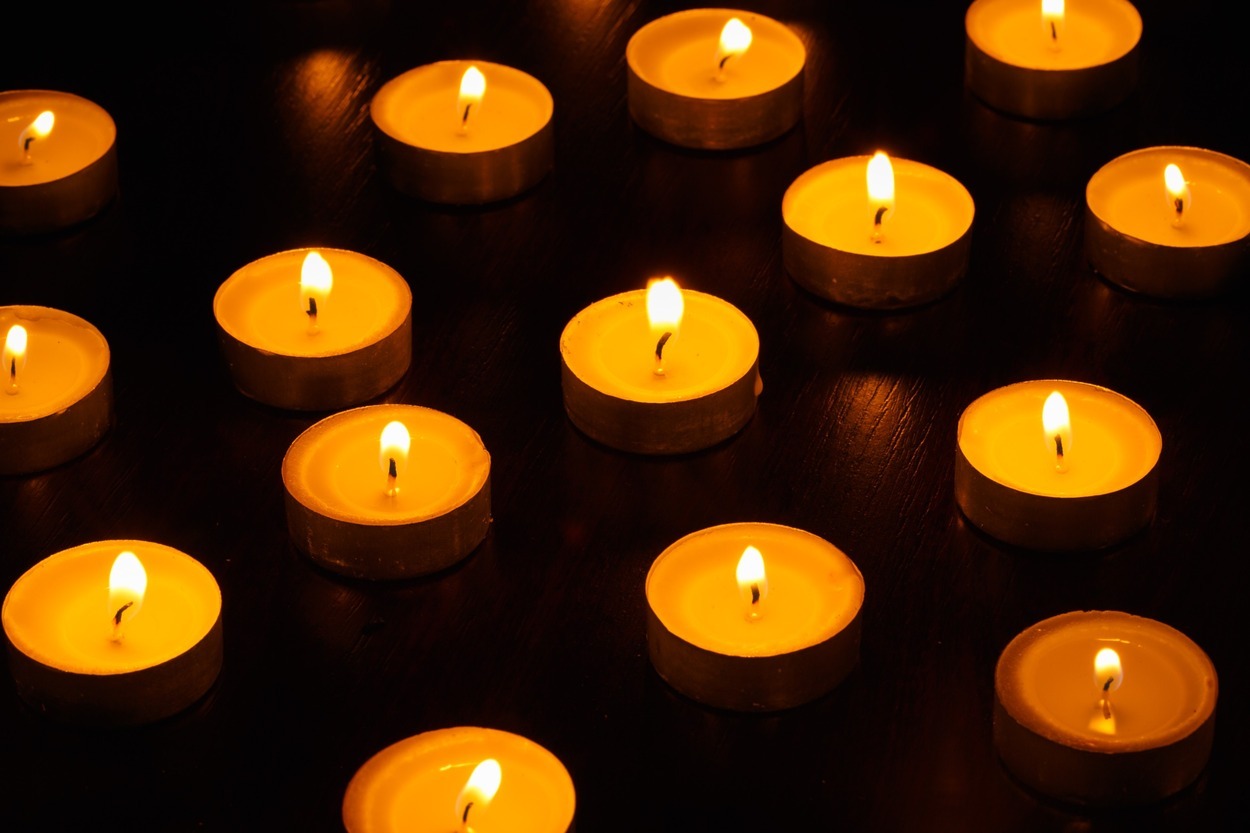
Bishop Lanette: Observing All Saints Day in a meaningful way
“Therefore, since we are surrounded by so great a cloud of witnesses, let us also lay aside every weight and the sin that clings so closely, and let us run with perseverance the race that is set before us, looking to Jesus, the pioneer and perfecter of our faith.” –Hebrews 12:1-2 (NRSV)

Nov. 1 marks All Saints Day in our life together as people of faith. All Saints Day is a sacred occasion in the life of the Church, rooted in both the ancient Christian tradition and our distinct Wesleyan heritage. It is a day to remember, honor, and celebrate the faithful men and women who have gone before us—the saints who have lived, died, and passed on their legacy of faith. In the Wesleyan tradition, we not only remember the canonized saints but also all those ordinary believers whose lives have exemplified the grace and love of Jesus Christ.
John Wesley, the founder of Methodism, had a profound appreciation for All Saints Day. In his journal, he wrote of how the day filled his heart with gratitude for the lives of those who had been “alive to God” and the ways their witness strengthened his own faith. In Wesleyan theology, saints are not seen as distant figures but as part of the ongoing, living community of the Church. We are connected to them in what Wesley called “social holiness,” the idea that faith is always lived out in community. On this holy day, as many churches will remember those who have passed away in the last year, we also acknowledge that we are part of a great and unbroken communion of saints, both living and departed, all bound together by the love of Christ.
The significance of All Saints Day lies in its reminder that our faith is both personal and communal. We run our individual race, but we do not run alone. We are inspired and sustained by the “great cloud of witnesses” who have shown us how to live faithfully. Their stories encourage us to persevere in our own struggles, and their lives challenge us to embody God’s love in our world today.
This day also invites us to reflect on our own legacy. How are we contributing to the ongoing story of God’s people? In the Wesleyan tradition, we believe that each person’s life has the potential to witness to the transformative power of grace. Just as we honor the saints who have shaped us, we too are called to live lives that bear witness to the gospel, for those who will come after us.

Prayer: Gracious God, we thank You for the saints who have gone before us, those who lived in faith and who have left us a legacy of grace and love. May their witness inspire us to run with perseverance the race set before us. Empower us by Your Spirit to live as Your faithful disciples, building up the Church and extending Your love in the world. In the name of Christ, who unites us with all the saints in glory. Amen.
Some meaningful ways we can honor All Saints Day:
1. Remembering the saints: Create space during worship for remembering those who have passed, both in the congregation and in our wider communities. You can light candles or read the names, perhaps ring a bell, to honor those who have died in the past year. This can also include a moment of silence or reflection.
2. Telling the stories: Share stories of saints who have influenced your faith. These might be well-known figures from Christian history, or they might be personal saints—family members, friends, or mentors. These testimonies can inspire the congregation to think about their own spiritual influences.
3. Holy communion: As you celebrate the sacrament of communion, recognize that in this act, we are united with the entire body of Christ—past, present, and future. As United Methodists, we understand the Eucharist as a “foretaste of the heavenly banquet,” a powerful connection to the communion of saints (access one All Saints Day communion liturgy that you could use).

4. Acts of service: Honor the saints by embodying their spirit of love and service. Commit to a day marked by random acts of kindness or organize a community service project in remembrance of those who have passed, following the example of their faithful living. This could be volunteering at a shelter, writing notes of encouragement, or giving to a charity in their name.
5. Prayer and reflection: Set aside time for personal prayer and reflection on the lives of the saints. You can use this day to deepen your own spiritual journey, asking for the grace to live out your faith in ways that honor those who have come before.
6. Singing hymns of the saints: Incorporate hymns like “For All the Saints” or Charles Wesley’s “Come, Let Us Join Our Friends Above” into worship. Music is a powerful way to connect with the spiritual legacy of those who have gone before us.
7. Caring for those who grieve: Reach out to members of the congregation who may be grieving the recent loss of loved ones. Offer prayers, visits, or practical support as a way to embody the care and love of the Church on this holy day.